Afghanistan, a spiral of violence
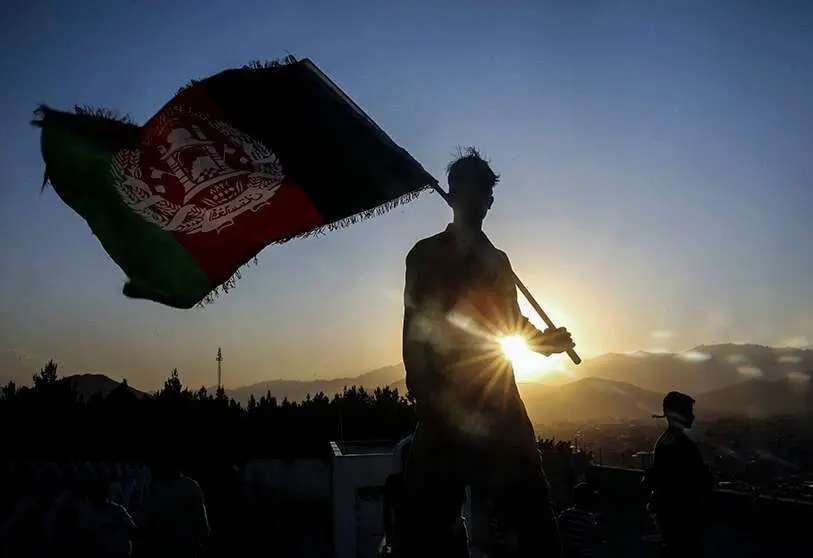
The escalation of violence in Afghanistan continues to escalate. In recent weeks, the Taliban have launched multiple offensives that have challenged the Afghan army, which is losing ground in the Central Asian country. The battle for the province of Helmand has intensified in recent hours, and the insurgents are on the verge of taking control of Lashkargah, the capital of this southern region, becoming the first city occupied by the extremists.
The battle for total control of this city between the Taliban and the Afghan armed forces continues. The Central Asian authorities have urged the population to leave their homes as a result of the fighting, which has already killed 40 people. The UN Assistance Mission in Afghanistan (UNAMA) has urged an end to the fighting in urban areas. "Concern for Afghan civilians in Lashkargah is growing as the fighting worsens. Latest reports show 118 civilians injured and 40 killed in the last 24 hours as Taliban continue ground assault and Afghan Army tries to repel," UNAMA said in a tweet.
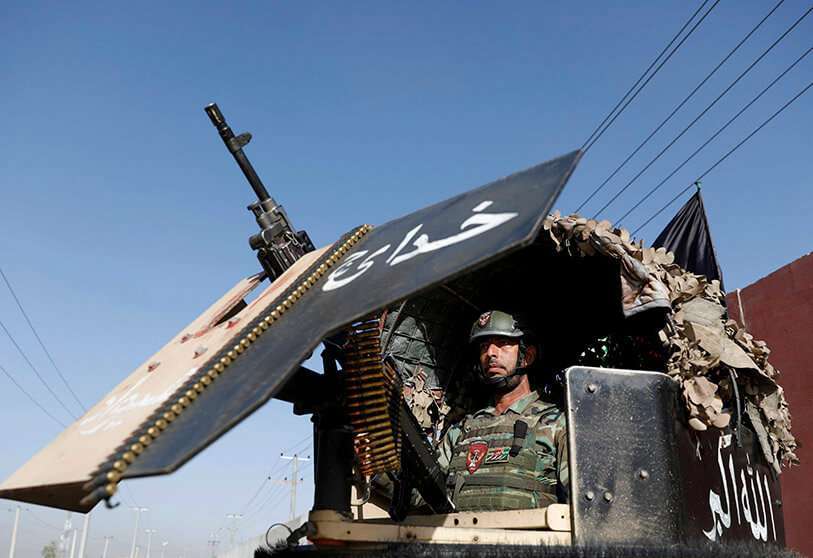
Over the past 24 hours, fighting between insurgents and the Afghan army appears to have intensified exponentially. At least "375 Taliban fighters were killed and 193 wounded in clashes and counter-attacks by Afghan security forces" as fighting continues, the Afghan Ministry of Defence said in a statement. Afghan security forces and the Taliban are engaged in heavy fighting in at least eleven of Afghanistan's 34 provinces.
In the southern province of Helmand, insurgents now control nine of the ten districts of the provincial capital, Lashkargah, while the Afghan army continues to fight to keep the capital from falling to the Taliban. Heavy fighting has also been reported in recent days in the insurgent-held provinces of Kandahar and Herat. Both are under threat from fundamentalists seeking to take over Afghanistan's main provincial capitals.
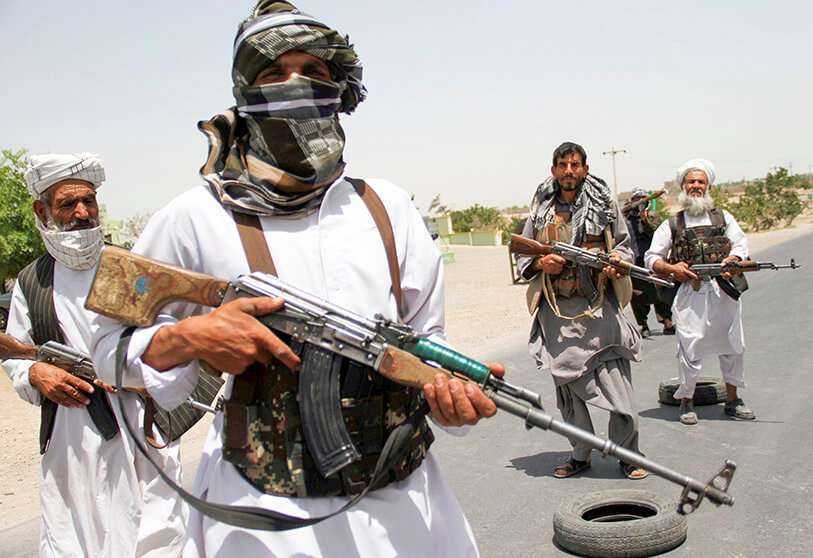
Herat, for its part, has been able to contain the Taliban offensive thanks to the support that local militias offer to the Afghan army, as is the case in Kandahar where there are clashes between insurgents and Afghan troops. Violence across Afghanistan is escalating, the Afghan authorities have not specified the number of civilian casualties from these latest clashes, but the Afghan Ministry of Refugees and Repatriation has reported that at least 100,000 civilians have been forced to flee their homes in the last two weeks due to Taliban attacks across the country, particularly in Kandahar, Helmand and Herat.
The latest incident has taken place in the country's capital, Kabul. The capital was the scene of a car bomb attack targeting the residence of Afghan Defence Minister Bismillah Khan Mohammadi. Interior Ministry spokesman Mirwais Stanekzai said the blast occurred in the Sherpur neighbourhood, a residential neighbourhood close to the high-security area known as the "Green Zone". The attack killed eight people and injured 11.
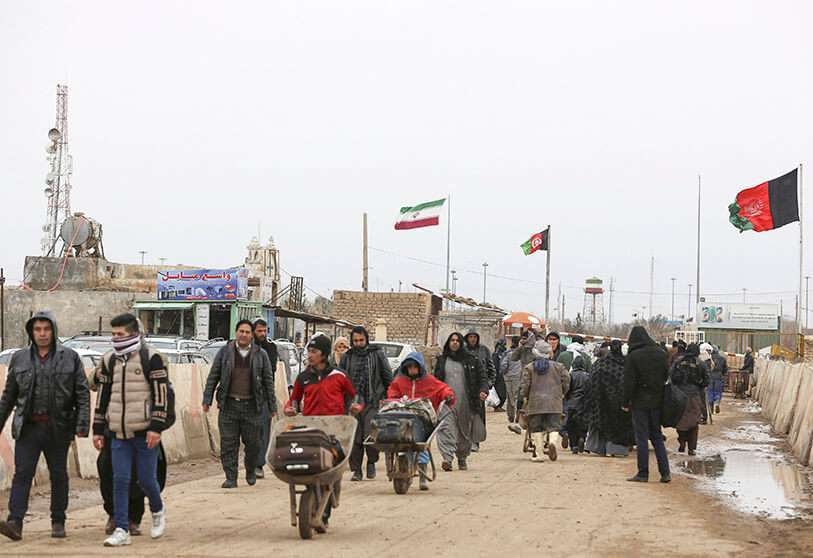
The Afghan Defence Minister was unharmed, as he confirmed in a video hours after the attack that he was "not at home at the time", but reported that several of his bodyguards were injured. "In this incident, my family members and I are safe and unharmed," said General Khan, who stressed that these "incidents will not weaken my determination to defend my people and my country", according to EFE news agency.
The Taliban advance has continued unabated since US President Joe Biden announced last April the withdrawal of all his troops from the Central Asian country. Afghanistan's President Ashraf Ghani himself has blamed the US for the unstable situation in the country. Ghani has claimed that the new spiral of violence is due precisely to the "sudden" withdrawal of US troops. During a speech to parliament, the Afghan president was highly critical of President Biden's latest decisions. Ghani also reproached Washington for having "legitimised" the Taliban by negotiating directly with them in the peace talks taking place in Doha, Qatar.
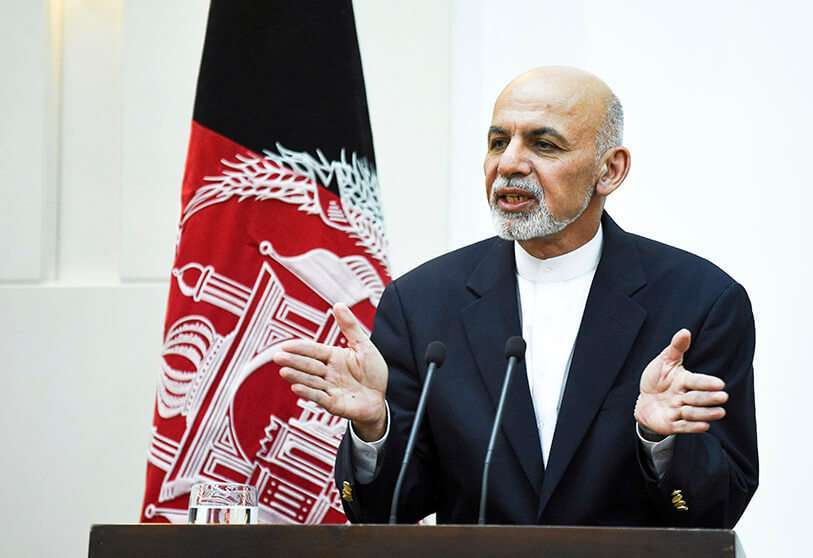
The US Special Representative for Afghanistan, Zalmay Khalilzad, has defended the US president's decision and pointed out that the war in the Central Asian country "has no legitimacy" and that a political solution is the only way forward. "We believe that there is no military solution," Khalilzad stressed during his speech at the Aspen Security Forum. "Ultimately, for Afghanistan to have peace and stability there needs to be a negotiated political settlement that has broad support in Afghanistan and broad support in the region and beyond."
In the face of this new escalation of violence and the impassivity of the Western countries that in 2001 decided to invade Afghanistan and are now withdrawing from the country, Afghan Foreign Minister Haneef Atmar announced that the Kabul government will seek "in the coming days" during two conferences in Doha the decisive support of the international community for a political solution with the Taliban and an end to the war. "These two meetings seek to show the resolve of the region and the international community to put pressure on the Taliban through political means to let them know that they are not only confronting the people and the government of Afghanistan, but they are also confronting a united stance of the region and the international community, and they must end the violence," Atmar told a news conference.
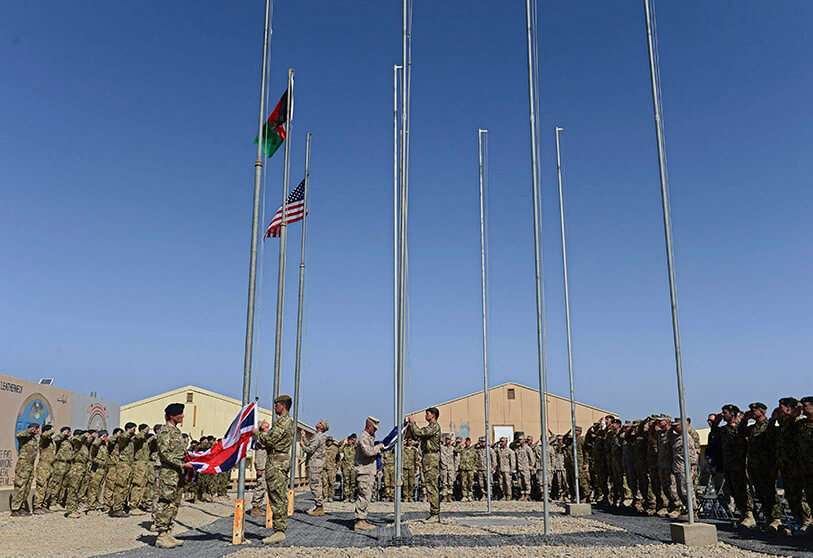
The foreign minister also said the negotiations in Qatar face two obstacles: the Taliban's insistence on totalitarianism and their insistence on armed struggle. For their part, the insurgents are positioning themselves on the international stage by establishing contacts with potential allies such as China and Iran. Meanwhile, the peace talks in Doha continue to stall and violence is taking hold in Afghanistan.








